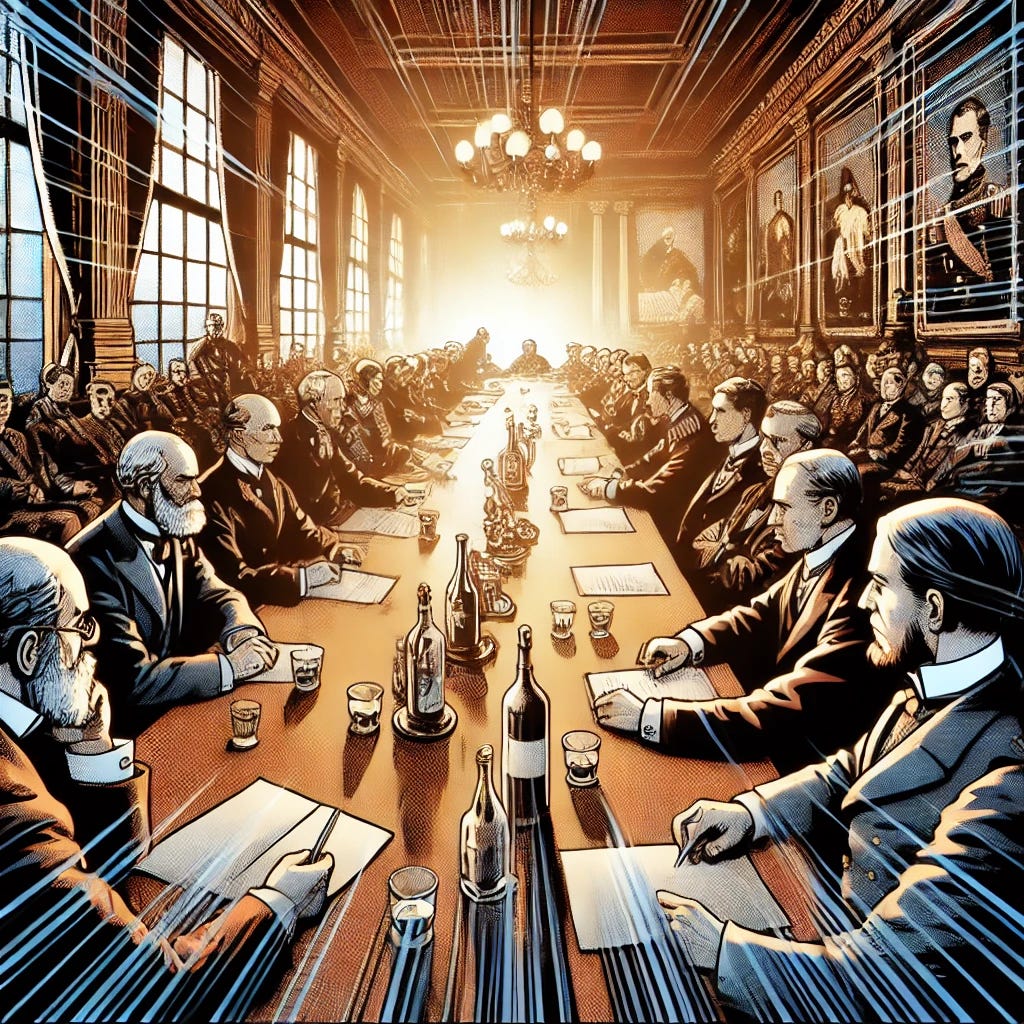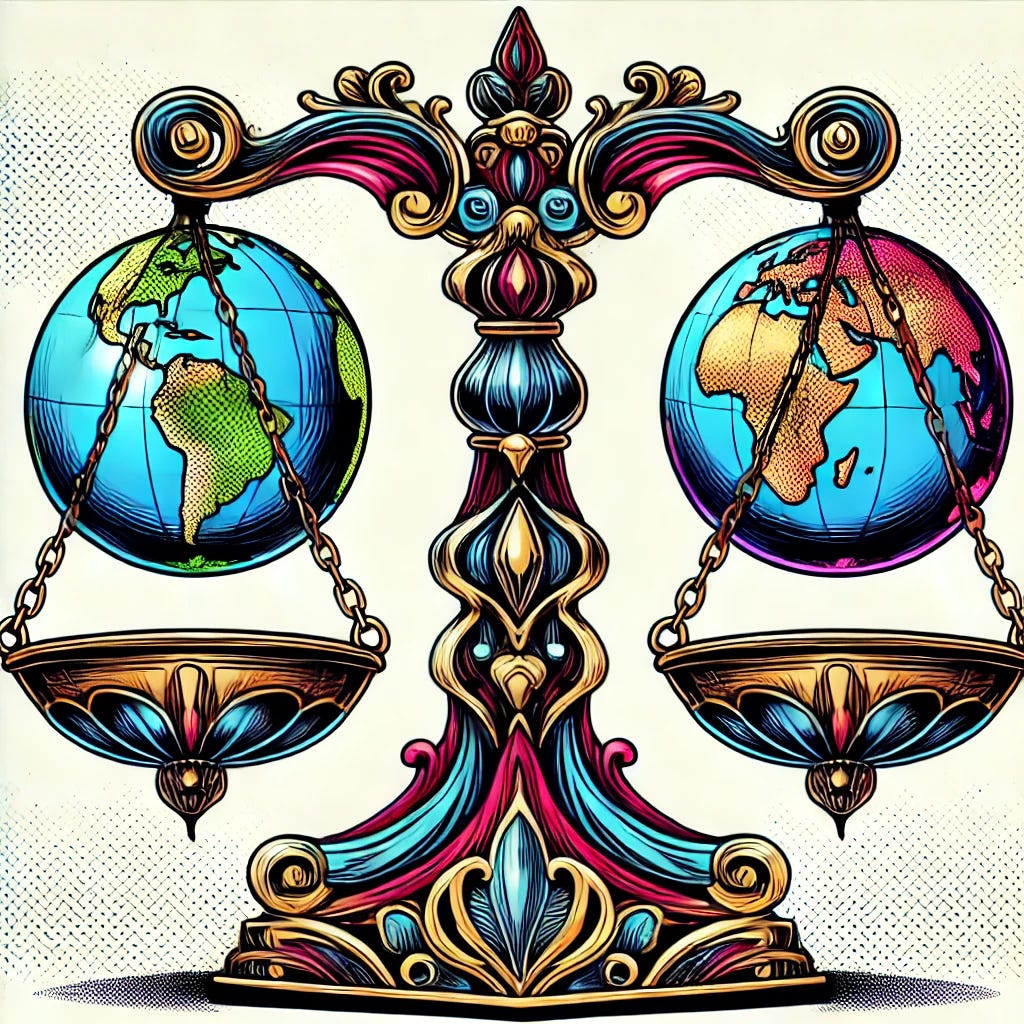Powers beyond those of mortal men is a mouthful.
That’s one of the phrases first used to describe Superman around the time of his debut in Action Comics #1 on April 13th, 1938. You also heard quite a lot of able to leap tall buildings in a single bound, faster than a speeding bullet, and so on.

What you didn’t hear was the term superpower, at least not at first.
Sandwiched in between the Great Depression and the start of World War II, Superman was a badly needed beacon of hope for Americans, and his character came to represent American might and moral superiority over time. If there was ever a time when fantastical heroes could help us through some tough times, this was it.
A hero like Superman was, well, super. We’ve already talked about how he had powers beyond those of mortal men. It was only natural to call other things and people super who fit that bill. You started hearing about super-heroes and super-villains, and it was a pretty short jump over to the word superpower.
Other comic books quickly adopted and spread this term. Hyphens dropped away, and super-hero became superhero; super-power became superpower. By the time I watched the classic 1950s Adventures of Superman TV Show while growing up, the term had taken on a second meaning.
This geopolitical meaning arose shortly after the events of World War II made it clear that some nations were much, much stronger than the other nations. Specifically, two of these nations—Soviet Russia and the USA—emerged as global leaders, exerting influence across the world for decades to come.
The term great power had been in use in Europe since the end of the Napoleonic Wars, when the warring nations met to carve up the continent, and to shore up against future Napoleons trying to take over the entire continent. This was called the Congress of Vienna, and it’s one of the more consequential meetings in human history.
Here, several nations were named as great powers, a new and important designation that would help to preserve the balance of power in Europe. If one nation got a little spicy, the other great powers would work together to keep it in check. The crazy thing is that this plan actually worked for about a hundred years.
The First World War, the so-called war to end all wars, was pretty much like a modern version of the Napoleonic wars in a sense, and to my mind, World War II is really just a continuation of the same hostilities.
By the end of the Second World War, then, we had a very different situation. America and the USSR carved the world up into spheres of influence and areas of relative control. The entire world was at play as these two great powers jockeyed for geopolitical positioning against one another.
The balance of power/great powers framework included Great Britain, France, Russia, Prussia, and Austria at the time, and this made a lot of sense. Each nation was capable of resisting the others, so each could contribute to the resistance of the others.
After WWII, this framework simply wouldn’t work, and nobody was trying to pretend otherwise. Journalists describing the United States and the USSR as it became clear that the entire world was involved in this ongoing tug-of-war searched for a new phrase that went beyond great powers.
Naturally, they settled on super powers, which quickly became—you guessed it—superpowers.




And then came Austin Powers. Yeah, baby!
What's next? Russia doesn't look so powerful anymore while China looks very intimidating. My spidey sense is a power shift towards Asia.
More important question: why does Spider-man have a dash while Superman is dashless?